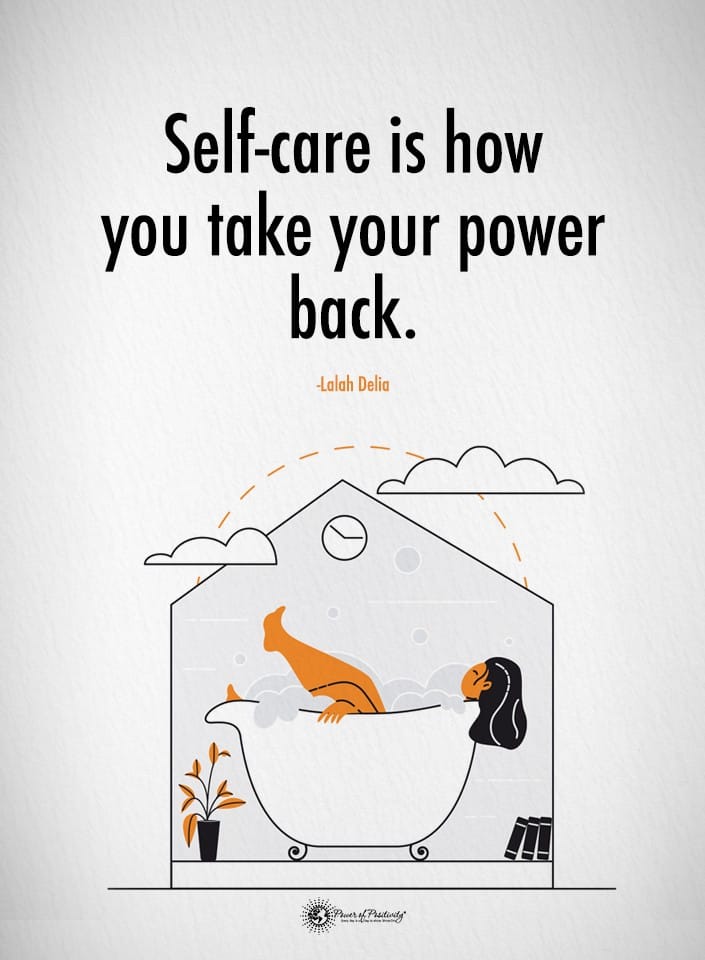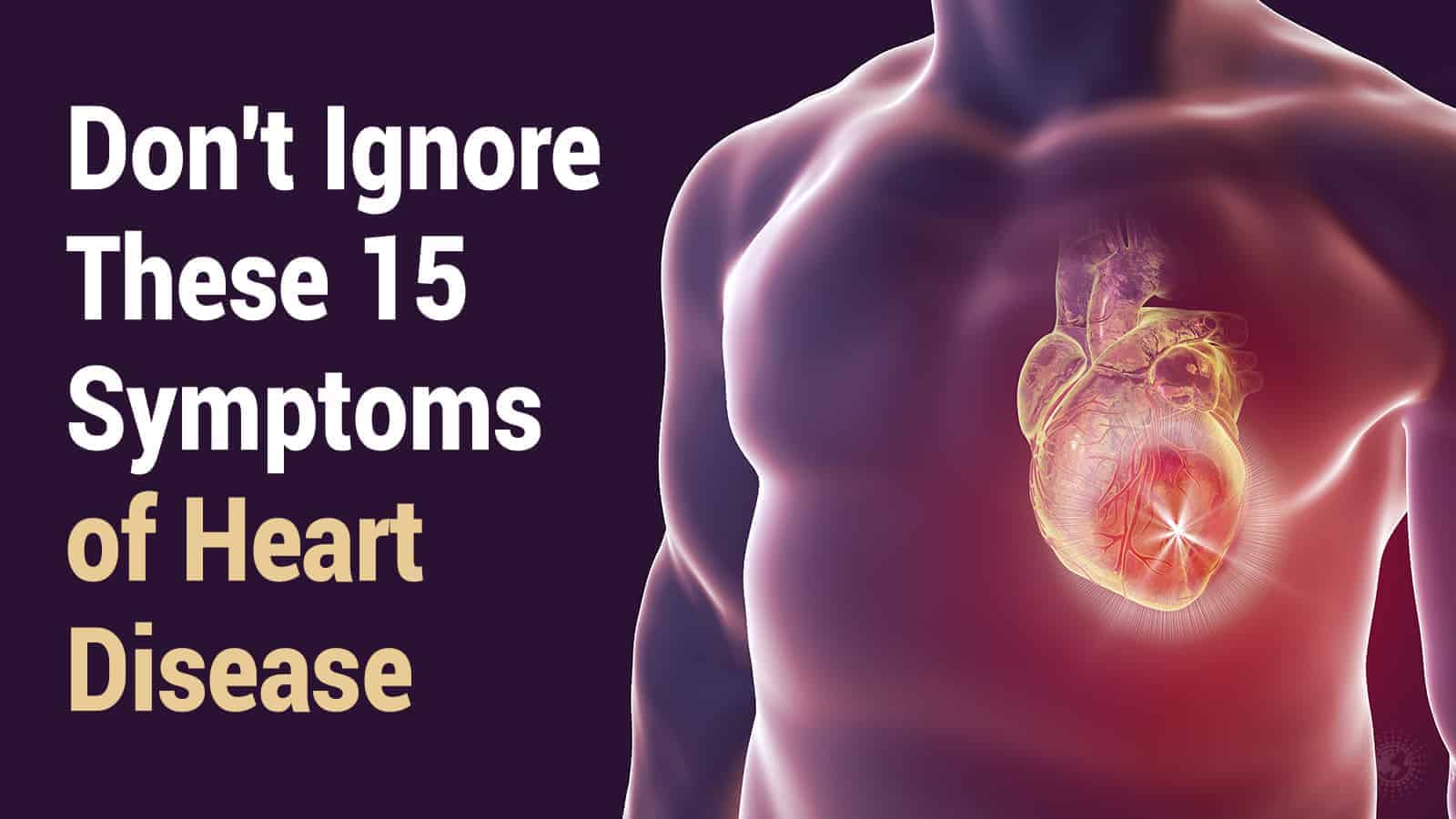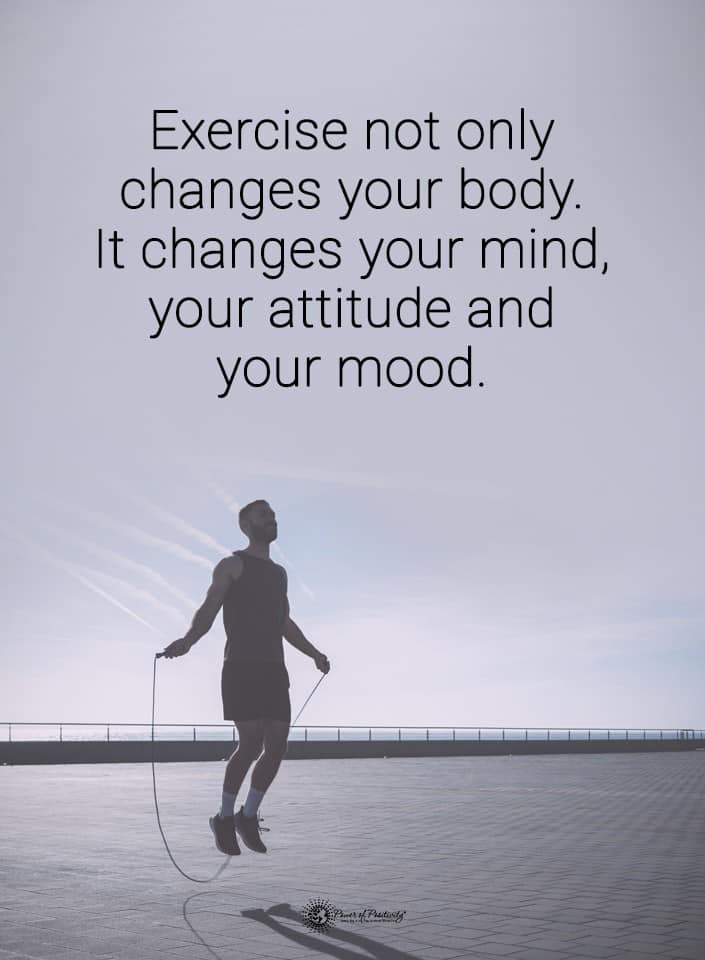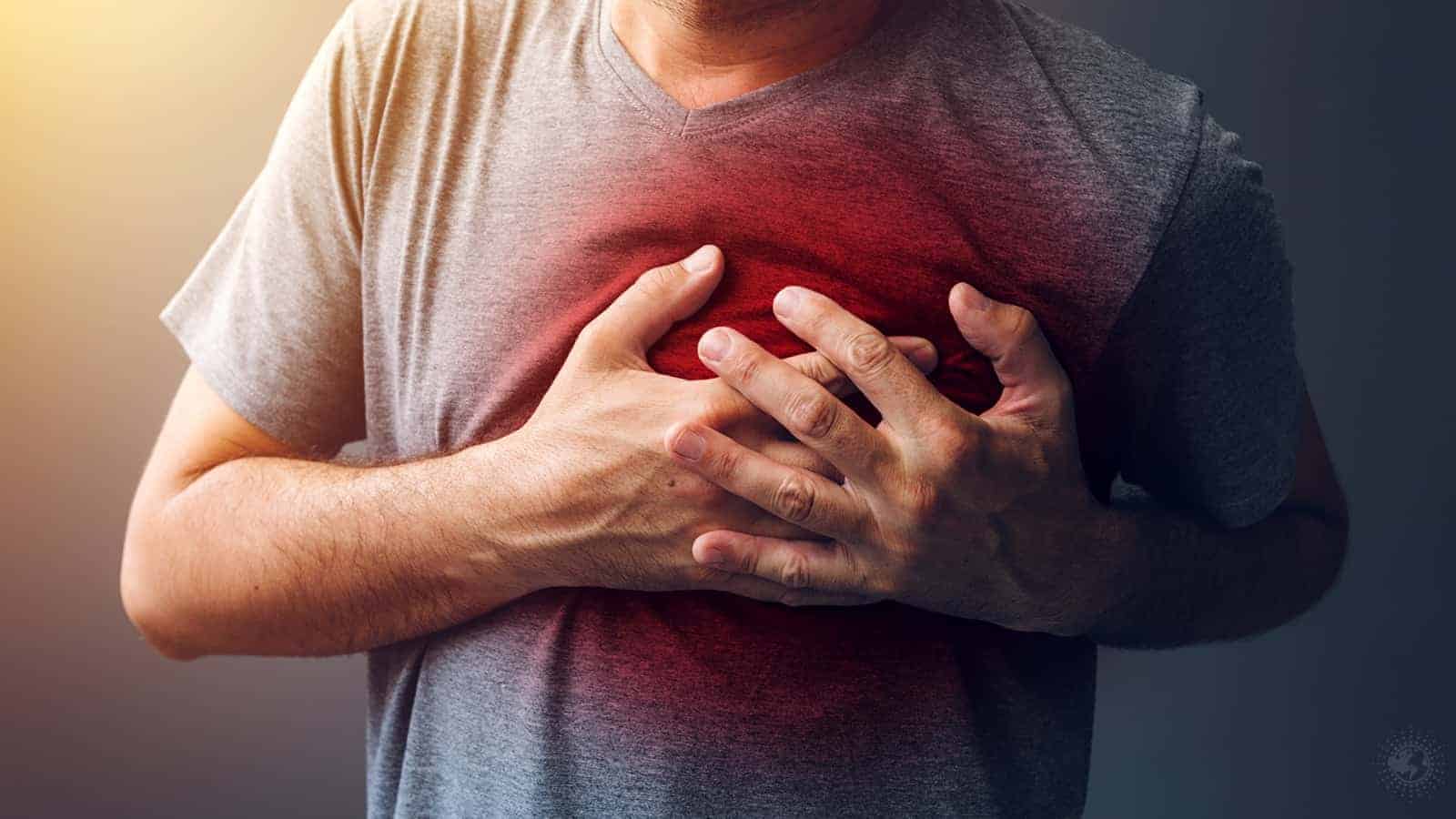Chest pain is always a cause for alarm. If you are looking for immediate information or help, call 911.
However, if you are here for general information on the topic, please continue.
Even if you feel it’s caused by a condition such as acid reflux or stress, it still needs to be evaluated. Panic and gastric upset can cause you to feel weird sensations near your heart. And again…it is never something that you should ignore.
It’s hard for an untrained person to know the difference between a heart attack and pulled muscle in this area. So that’s why it’s essential to watch the other signs and symptoms that your body gives you. Even the medical community needs machines and various other testing methods to see if your heart is in danger, but you can identify these signs to know you need help.
Twelve Signs Your Chest Pain Is Serious
With deductibles and copays being at astronomical levels these days, it’s understandable that you don’t want to run to the doctor every time something feels off. However, if you have chest pain associated with any of the following symptoms, you need to seek medical treatment.
 1. Dizziness
1. Dizziness
Dizziness can occur for many reasons, and it’s usually hard to pinpoint the exact cause. However, if you have chest pains and dizziness together, then it could be a sign that your heart is not getting blood to your brain. If your heart is not pumping correctly to circulate your blood, you can experience dizziness, among other things.
Dizziness is one of those alarming signs, and when accompanied by other concerning symptoms, it should be evaluated.
2. Pain Radiating Down Your Arms
It was once believed that a heart attack’s classic sign was pain radiating from the chest down the left arm. However, according to Heart Healthy, the pain can be in either arm. Did you know that arm pain is more common, and women’s are much more common than pangs in the chest?
The reason why the left arm is usually involved is because of its proximity to the heart. However, when arteries are clogged and blood flow diminished, these uncomfortable sensations can occur almost anywhere.
3. Irregular Heartbeats
Irregular heartbeats are a broad category that can include many sensations. Some may feel like their heart is doing flip flops, others may feel as if it’s skipping beats, and another may notice that their heart is beating too fast. Any irregularities with the cardiac rhythm should be evaluated.
Conditions like A-Fib can be deadly if not caught in time. A-fib is an arrhythmia that causes a rhythm disorder. According to the National Institute of Health, those with A-fib are at a greater risk of developing a heart attack or stroke. Yet, many don’t know they have this condition until it becomes severe.
Any irregularities in the heart rhythm are cause for analysis. While anxiety and stress can cause some beating abnormalities, anything that messes with your rhythm should be taken seriously.
4. Extreme Fatigue
There are many reasons why you might feel extreme fatigue, but when it accompanies pains in your chest area, it’s a cause for alarm. When the heart is having problems getting blood flow to all your major organs, it can directly impact your body and how you feel.
Blood supplies oxygen to the body, and without that oxygen at adequate levels, you cannot function properly. Before a heart attack, many people experience such fatigue that walking from one room to another exhausts them. Fatigue can be a benign condition, or it can be a sign of a severe issue.
5. Nausea and Vomiting
Nausea and vomiting are two other classic symptoms that you might experience with the common cold and flu or with a heart attack. These sensations can be caused by an issue of a buildup of fluid around your gut. According to Heart Failure Matters, a congestive heart failure can cause fluid to build up in your chest cavity.
This fluid can make you nauseous and want to avoid eating. You may also experience problems with digestion. While nausea and vomiting aren’t overly concerned, if it appears with chest pains, it should be evaluated.
6. Chest Heaviness
If you ever feel like an elephant is sitting on your chest, it’s maybe a medical emergency. Discomfort in the chest is described differently by each person; however, when you have sensations that feel so heavy like something is physically sitting on you, it can be severe.
One of the classic signs of obstructive coronary artery disease is feeling chest heaviness upon exertion. If you exercise and get this feeling, even walking up a flight of stairs can point to heart trouble. The key is to see if this sensation is alleviated by rest or if it continues regardless of what you’re doing.
According to BUOY Health, there are 23 reasons why you might be experiencing chest discomfort, and most of them warrant emergency medical care.
 7. Shortness of Breath
7. Shortness of Breath
Many reasons cause shortness of breath. A few related to the heart can be inadequate blood and oxygen flow from a blockage or fluid built up in the area. Keep in mind that being short of breath can also accompany seasonal allergies, anxiety disorders, and lung conditions.
The key to telling whether this is a heart matter is to see if it accompanies any of the other signs listed here or you have severe chest discomfort with it.
8. Confusion
If there’s a blockage in your heart that prevents the blood from getting to the brain, you may have confusion or disorientation. Your brain needs oxygen and blood to function, and when levels fall below the normal realms, you can experience all sorts of weird sensations.
However, when one of the arteries are full of plaque and causing blood flow to slow, the brain is a great distance to reach with impaired functionality.
9. Cold Sweats
Sweating is a symptom that occurs with many medical conditions. However, it’s an issue caused by the symptomatic nervous system when the “fight or flight” response is engaged. Your body knows that you’re in trouble, and it will react accordingly.
The key is that it gives you signs and symptoms to know to get help. It’s common to feel an increase of anxiety when things aren’t right in your system, but you need to be able to identify when it’s just anxiety and when it warrants further investigation. Sometimes, it’s hard to tell between the two, but it’s better to be safe than sorry when it comes to your health.
10. Jaw, Back, Neck, and Shoulder Pain
You know that pain from inadequate blood flow can radiate down both arms, but did you know that it can radiate to your jaw, back, neck, and shoulders too? According to The Cleveland Clinic, women are more likely to experience these symptoms than men. It’s also common for people to brush off jaw pain as dental issues rather than heart symptoms.
However, strange pain that radiates from the chest to other areas of the body is always a cause for alarm.
11. Gastric Upset
Nausea and vomiting aren’t the only gastric conditions that can occur when the heart is in danger. It’s not uncommon for stomach acids to churn and make their way into the chest area. You can feel belly pain from the acids or heartburn.
This is where it gets tricky, especially when a person suffers from GERD or other conditions that cause these sensations. You might think it’s just some indigestion after a meal, but it may be way more dangerous.
12. Sleep Disturbances
A relatively new symptom that has come to the forefront of heart issues is sleep disturbances. It could be that your insomnia is coming from your heart and not your racing mind. Strangely enough, there have been studies conducted on this very matter.
According to Medical Health Tests, the people survey proved that you could have sleep disturbances up to a month before the event. Since many heart attacks happen while you’re asleep, could your body be trying to wake you up to get help?
 Final Thoughts on Understanding When Chest Pains Lead to Something Move Severe
Final Thoughts on Understanding When Chest Pains Lead to Something Move Severe
While most people think that having chest pains is the classic sign of heart trouble, you can be in the middle of a heart attack and have no symptoms at all. Silent heart attacks occur about 45 percent of the time, according to Harvard Health Publishing.
Researchers evaluated 9,500 who had experienced heart attacks. Their data produced many shocking things, but many heart attacks occur without warning was one scary thought. Thankfully, most of these severe events do give you warning signs.
The sooner you get help, the better your chances of surviving. Heart attacks have all sorts of degrees in severity, but they can be stopped in their tracks. If you notice any of these symptoms and accompany chest pain, then it’s always better to err on the side of caution than to do nothing. Getting help might be the one thing that saves your life.

















